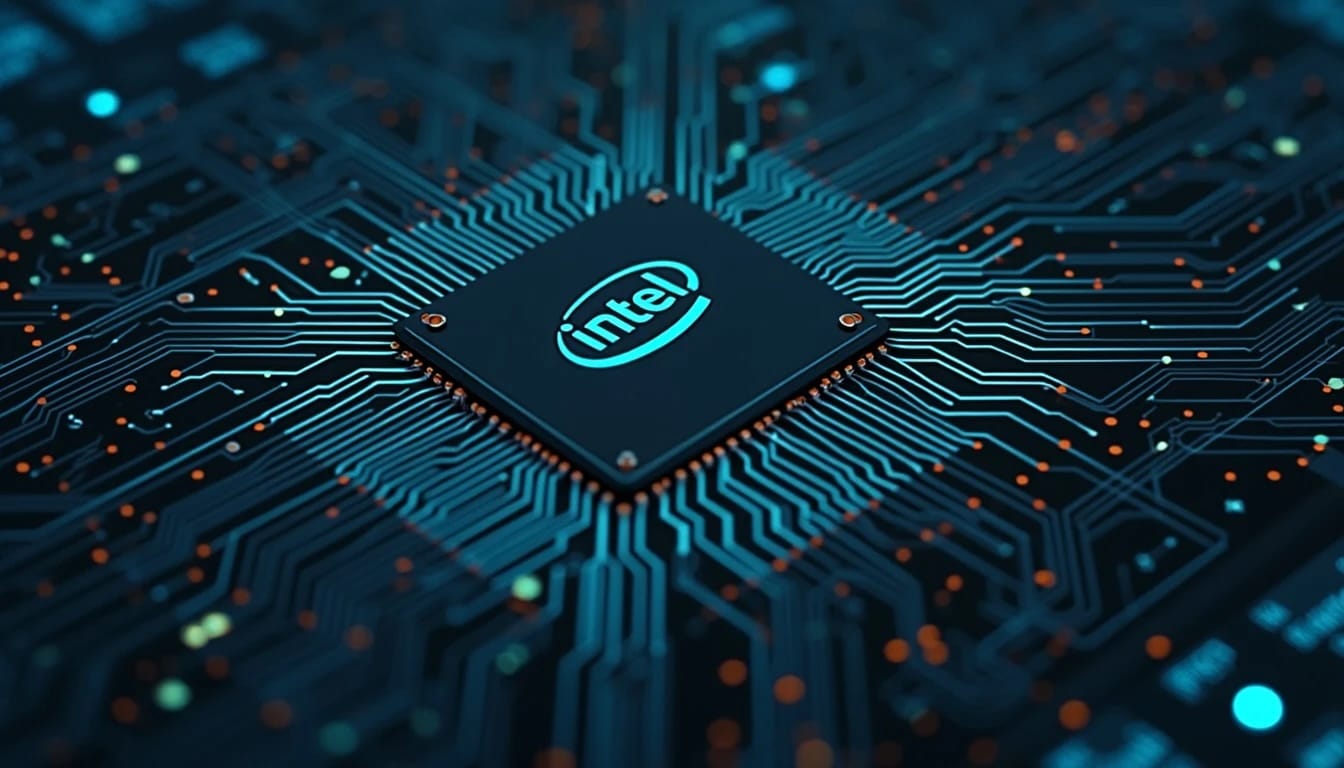The American technology company continues its cost-cutting and reorganization plan, focusing efforts on customer and data center businesses
Intel has announced the definitive closure of its business unit dedicated to the automotive sector, a decision that will lead to the layoffs of most of the employees in that division. This move is part of the strategic restructuring initiated by the company following the arrival of the new CEO, Lip-Bu Tan, aimed at concentrating efforts on its core areas: the customer market and data centers.
“Intel plans to shut down its automotive architecture business,” the company informed its employees this Tuesday through an internal message leaked by The Oregonian/OregonLive. “We will fulfill our existing commitments to our customers, but most of the staff in this unit will be released.”
Automotive was never Intel’s core business, but it was present in 50 million vehicles
Although the automotive division was not a primary source of revenue nor one of the company’s strategic pillars, Intel boasted that its processors were integrated into over 50 million vehicles. These chips facilitated everything from performance management to providing information to drivers, as well as supporting technologies for electric cars and advanced driver-assistance systems (ADAS).
Meanwhile, Intel maintains a majority stake in Mobileye, an Israeli company specializing in autonomous driving technologies. According to early reports, the closure of Intel’s automotive division will not directly affect Mobileye’s operations, which continues to function as a relatively independent unit with strong market prospects.
A new phase of cuts and outsourcing
Since April, the new CEO had already anticipated “several months of cuts” in response to a negative sales outlook and a challenging economic environment. While he has yet to present a public reactivation strategy, Tan has signaled clear intentions: to reduce structure, outsource non-essential functions, and focus on efficiency.
Among the latest changes, Intel has begun outsourcing its marketing department to the consulting firm Accenture, which will result in new layoffs in July. Additionally, there has been internal communication regarding a reduction of up to 20% in manufacturing staff, one of the company’s historical pillars, starting next month.
These decisions reflect a broad effort to reduce operating costs and simplify Intel’s structure in pursuit of greater agility. However, doubts remain about how these measures will improve competitiveness against rivals like AMD or ARM Holdings, particularly in key markets such as PCs and data centers, where Intel has been losing market share.
The challenge: making a strong entry into artificial intelligence
In the long term, Intel needs a robust strategy to position itself in the emerging and lucrative artificial intelligence market, currently dominated by NVIDIA. So far, the company has fallen behind in the AI accelerator segment and specialized computing solutions, although some analysts anticipate that current changes will pave the way for a more competitive Intel in this new technological paradigm.

